

For almost 25 years, Princeton in Africa has worked as a model for service-oriented placements on the African continent. With many of our alumni now working in diverse fields all over the world, we are proven to be a program that develops young leaders personally and professionally. Click the images below to read the full articles about our Fellows and Alumni.
Maya Mchugh & Lauryn Spinetta (Rwanda School Project, 2022-23)
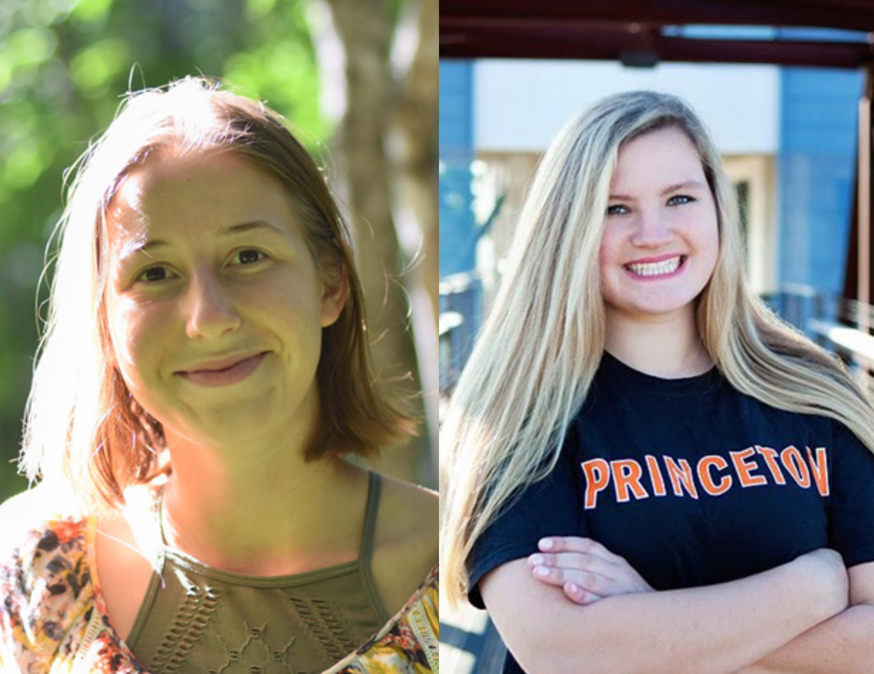
In the 2022-23 fellowship year, we’ve placed two excellent young professionals with the Rwanda School Project: Maya McHugh and Lauryn Spinetta. Maya and Lauryn work closely with Rwanda School Project students to help them grow their digital literacy skills.
Emma Anderson (IRC Somalia, 2021-22) and Asa Cooper (IRC Somalia, 2022-23)
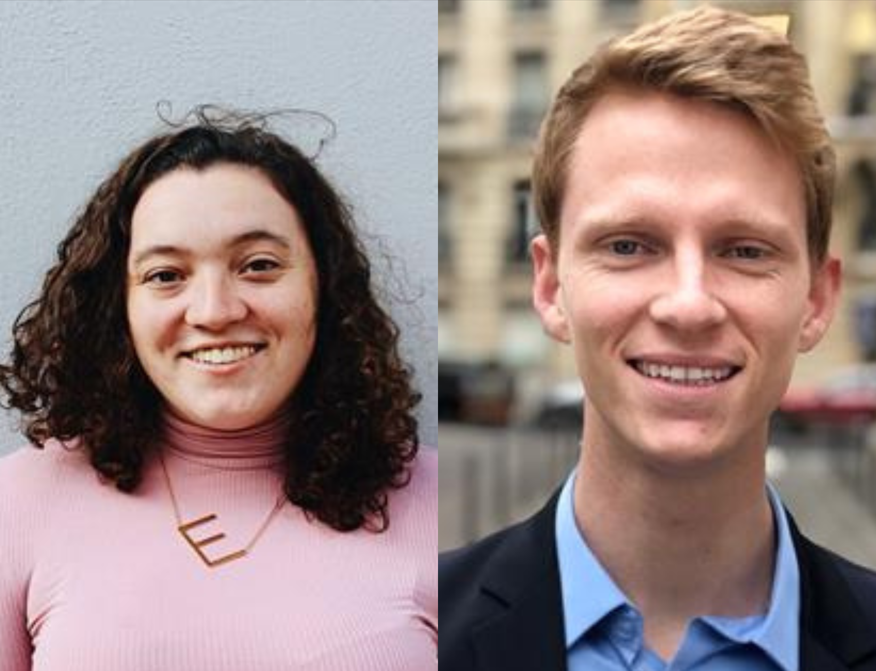
Emma Anderson, a 2021-22 PiAf Fellow, developed a grant for her host organization resulting in an award of 2.5 million dollars for the drought response in Somalia. Emma’s impact at her host organization continues with Asa Cooper, the 2022-23 Fellow placed at IRC, Somalia. Asa’s work revolves around emergency responses to the drought across Somalia.
Heran Abiy (Kucetekela Foundation, 2022-23)
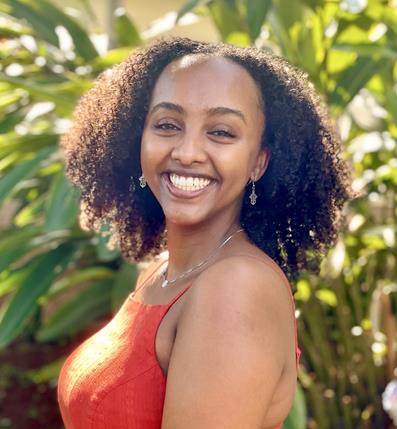
Heran Abiy, a current Fellow in the 2022-23 cohort, has a special connection with a past PiAf host organization, Project Mercy. The organization was founded by her great-aunt and great-uncle, Marta and Deme. in 1977. Between 2011 and 2014, Princeton in Africa placed five Fellows with Project Mercy.
Sarah Louis (Kakenya’s Dream 2022-23)
Emma Impink (The BOMA Project, Kenya 2011-12)
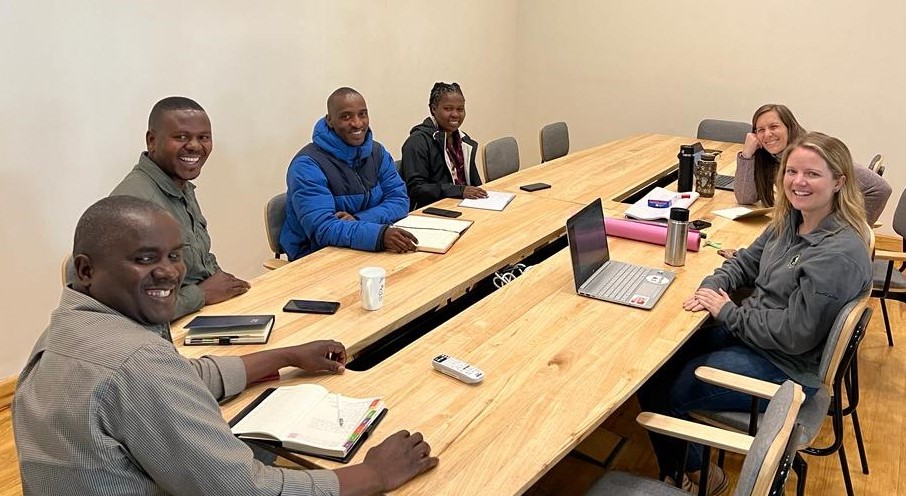
Emma Impink (The BOMA Project, 2011-2012) has recently started collaborating with the Dian Fossey Gorilla Fund, working with their teams in Rwanda and DRC on Community Engagement, M&E and general systems optimization. Emma connected with DFGF at the first Africa Protected Area Conference (APAC) in Kigali, Rwanda last year. Emma was there with the Southern Tanzania Elephant Program (STEP), a Tanzania-based elephant conservation NGO that she has been working with since 2019. At STEP, Emma supports the Human Elephant Coexistence Team across two landscapes, Ruaha-Rungwa and Udzungwa-Nyerere. She has also worked with the Finance and Administration Teams to streamline their operations and with all STEP teams on optimizing communications through the Annual Report. After spending 6+ years with One Acre Fund, Emma has really enjoyed using her experience with small-holder farmers to think critically about the value-proposition of wildlife conservation for communities living around protected areas – her passion since studying abroad with the School for Field Studies in southern Kenya in 2009. Applying these skills in eastern DRC is a dream come true and Emma can’t wait to learn from the Fossey Fund’s expert DRC Team about gorilla tracking, orchid species, community forest management and the many uses of cassava.
Ryan Collins (IRC, Kenya 2016-2017)
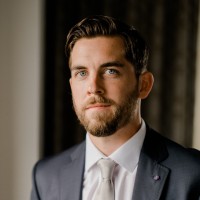
In 2014, Ryan graduated from The George Washington University with a BA in Economics and International Affairs and a concentration in International Development. Prior to graduating from GW, Ryan also studied Economics at the London School of Economics and Political Science. Originally from central Connecticut, Ryan has worked with Mathematica Policy Research in Washington, D.C., and interned with several international organizations focused on reducing poverty worldwide, including The United Nations World Food Programme and TechnoServe.
As a Fellow at the International Rescue Committee, Ryan contributed greatly to the IRC’s renewable energy projects in Kenya. He led two projects that installed solar power systems at three of the International Rescue Committee’s hospitals in the Kakuma refugee camp in the Northwestern region of Kenya. After his 12-month fellowship placement with the IRC, Ryan stayed on for another year, working as a Grants Manager. Ryan managed a team of Grant Officers and won over $20M in new funding for IRC projects. We are pleased to see our Fellows working on a wide range of projects related to international humanitarian aid, building hospital infrastructure, implementing clean energy across African communities and so much more.
Meyris Montalvo (CCBRT, Tanzania 2016-17) and Mackenzie Mayo (CCBRT, Tanzania 2018-19)
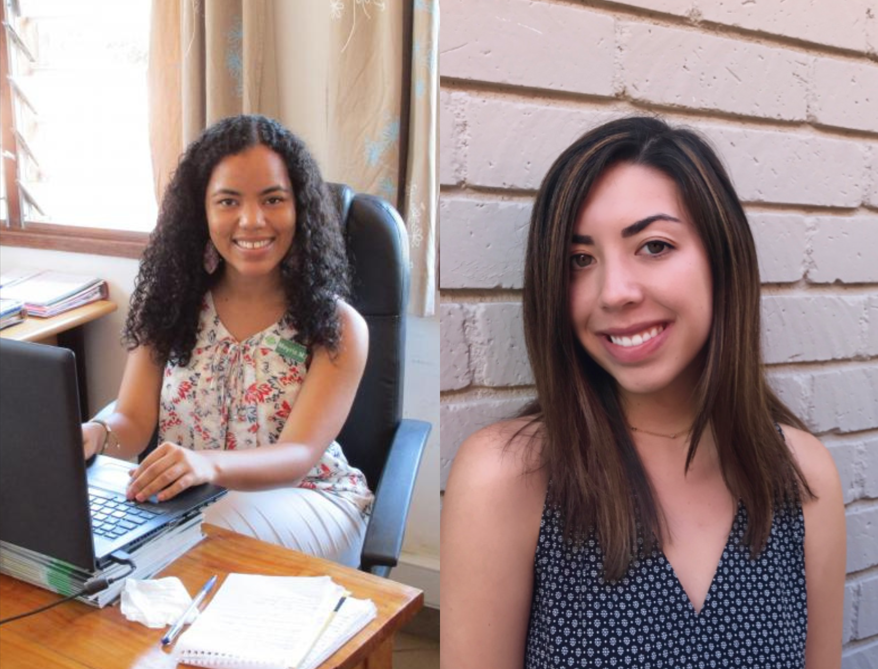
CCBRT is a non-profit organization that provides specialized healthcare services operating in Dar es Salaam and Moshi, Tanzania. They are the largest local provider of disability and rehabilitation services in Tanzania, specializing in eye, ortho, rehabilitation, prosthetics & orthotics, reconstructive surgery & fistula. In 2022, CCBRT opened its Maternal and Newborn Wing in its hospital, which aims to support vulnerable groups of women.
Meyris Montalvo, a 2016-2017 Fellow at CCBRT, supported her host organization in their fundraising efforts and worked closely with their Monitoring & Evaluation team. Two significant achievements in her 12-month placement were:
Meyris was responsible for the research for both proposals and wrote the full proposal narratives. In support of these projects, Meyris also worked with CCBRT’s Monitoring & Evaluation Department to create frameworks including the proper indications and targets for the projects. The grant for 1.8 million Euros, which came from one of CCBRT’s biggest donors, was approved during her fellowship.
Meyris was born in the Dominican Republic and grew up in New York City. She graduated from Brown University in 2016 with a degree in Political Science and Africana Studies. After her PiAf fellowship, she attended Columbia University’s School of International and Public Affairs (SIPA), where she pursued an MPA in economic and political development with a focus on Africa.
Mackenzie Mayo, a 2018-19 Fellow, created strategies to reach more patients, donors and partners for CCBRT. Three significant achievements in her 12-month placement were:
Mackenzie grew up in Los Angeles, California, and graduated from Tulane University in 2018 with a double major in Sociology and International Development and a minor in Spanish.
Naomi Medina-Jaudes (Clinton Health Access Initiative (CHAI), Eswatini 2019-20)
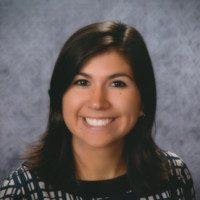
Originally from Long Island, NY, Naomi Medina-Jaudes graduated from Williams College in 2018 where she studied Economics and Public Health. Her undergraduate studies and experience researching community health and social policy in South Africa and interning at HealthRight International made her a perfect fit to support the Clinton Health Access Initiative’s mission to reduce the burden of disease in low- and middle-income countries. CHAI strengthens the government and private sector to create and sustain high-quality health systems in the countries where they work.
In Eswatini, Naomi got involved in CHAI’s projects run by the Expanded Programme on Immunization (EPI). These projects included an HPV vaccine introduction campaign. Part of her role was to research the new vaccine and highlight how it differs from those that existed in the market at the time. The vaccine Naomi researched was much cheaper than those that were available and was a good option for CHAI in Eswatini. It could allow them to afford enough vaccines to vaccinate their target populations. Naomi helped present these findings at the first meeting of the Eswatini National Immunization Technical Advisory Group (NITAG). The NITAG brought together World Health Organization (WHO) consultants, the EPI team, and relevant partners to determine the best way to go about introducing the HPV vaccine in-country.
Many of our Fellows, in their roles, conduct in-depth research that could result in tangible and sustainable change.